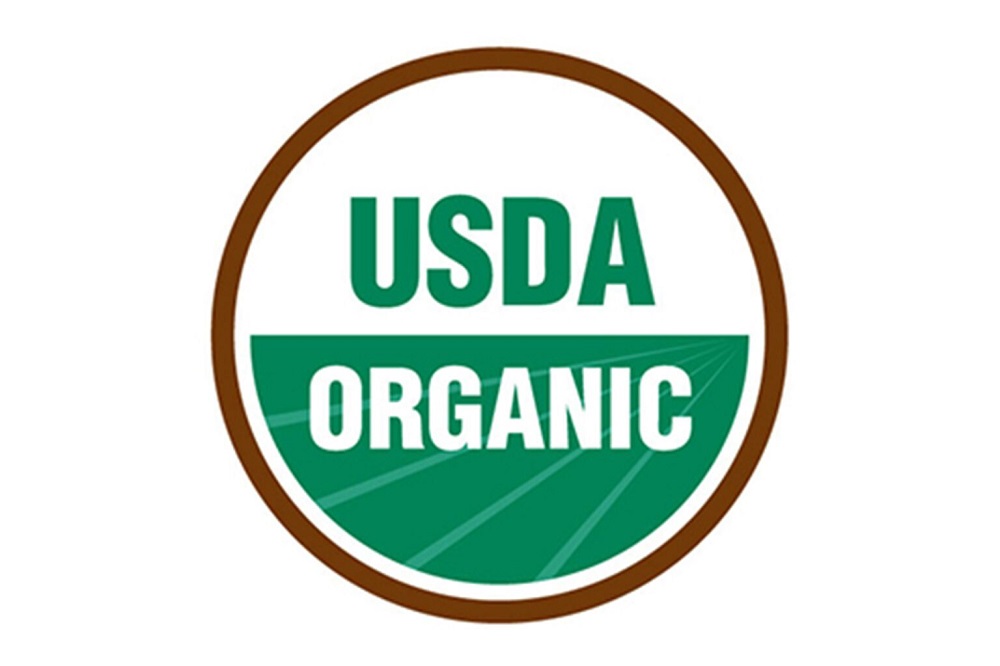
What is the terroir of organic tequila, and how does it influence the flavor?
What is the terroir of organic tequila, and how does it influence the flavor?
When exploring the terroir of organic tequila, one delves into the intricate interplay between soil composition, climate nuances, and altitude effects on agave cultivation. Organic practices further amplify this connection, emphasizing the purity of the environment and its impact on flavor profiles. From the mineral-rich soils of high-altitude fields to the temperate climates nurturing agave growth, each element contributes distinct characteristics to the final product. Organic tequila embodies not just a beverage, but a harmonious synthesis of nature’s finest offerings, encapsulating terroir in every sip.
Understanding Terroir
Terroir is a French term, primarily associated with wine, that refers to the unique environmental factors that influence the characteristics and quality of agricultural products. While it’s most often used in the context of grape-growing for wine, the concept of terroir extends to other agricultural products, including agave, the heart and soul of tequila. In the world of organic tequila production, terroir encompasses a range of factors, including the specific location where agave plants are grown, the type of soil in which they are rooted, the climate of the region, and the altitude at which they thrive. The terroir of organic tequila, encompassing soil composition, climate, altitude, and biodiversity, uniquely shapes its flavor profile, reflecting environmental and agricultural practices.

One of the key elements of terroir is the soil in which agave plants are cultivated. The soil’s mineral content, texture, and drainage characteristics all influence how the agave roots absorb nutrients and water. In the highlands of Jalisco, where much of the finest tequila is produced, the volcanic soil is rich in minerals and has excellent drainage. This type of soil is ideal for growing agave plants, as it provides essential nutrients while preventing waterlogged roots. This is where some of the best organic tequila like AgaveLuz Organic Tequila, is made. In contrast, the lowland regions of Tequila, another major tequila-producing area, have different soil compositions. The agave grown here may absorb different minerals and develop distinct flavors due to the variations in the terroir. Therefore, the soil in which agave is planted contributes to the complexity of tequila’s flavor, adding nuances and character to the final product.
Climate
Another crucial factor in the terroir of organic tequila is the climate of the region. The weather conditions, including temperature, humidity, and annual rainfall, have a profound impact on the growth and maturation of agave plants. The highlands of Jalisco experience cooler temperatures and more rainfall compared to the lowlands, leading to slower agave growth and greater sugar concentration.
Agave plants in the highlands have more time to develop and accumulate complex flavors, resulting in a sweeter, fruitier tequila. The slow maturation process in cooler climates allows the agave to produce higher-quality sugars, which, in turn, contribute to a smoother and more refined tequila. On the other hand, lowland agave plants, exposed to warmer temperatures and drier conditions, tend to mature more quickly, resulting in a tequila with distinct earthy and herbal notes.
Altitude
The altitude at which agave plants are cultivated is yet another aspect of terroir that influences tequila’s flavor. The elevation of the land has a direct impact on temperature, air pressure, and oxygen levels, all of which affect the agave’s growth and sugar content. The highlands of Jalisco are situated at elevations ranging from 4,000 to 8,000 feet above sea level, which provides a unique microclimate.
The cooler temperatures and thinner air at higher altitudes encourage agave plants to grow more slowly and develop a greater complexity of flavors. The increased altitude also leads to a more extended maturation period, allowing the agave to accumulate higher sugar content, resulting in sweeter and more aromatic tequila.
The Impact on Tequila Flavor
So, how does all this terroir talk translate into the flavor of tequila? The answer lies in the agave itself. The agave plant is the essence of organic tequila, and the characteristics it acquires from its environment define the tequila’s flavor. Here’s how different terroirs manifest in the final product:
- Highlands (Los Altos): Tequila produced in the highlands is often sweeter and fruitier, with pronounced notes of citrus, floral aromas, and a smooth, velvety finish. The slower growth and extended maturation of agave in this region lead to a more refined and elegant flavor profile.
- Lowlands (Valles Bajos): Tequila from the lowlands tends to be earthy and herbal, with a pronounced spice and mineral quality. The quicker growth and warmer conditions in this region result in a more robust and bold tequila.
- Altitude Variations: Tequilas from higher elevations showcase more complex and layered flavors, while those from lower elevations have a stronger agave presence with herbal and earthy notes.
In addition to the region-specific terroir, individual distilleries, production methods, and aging processes also contribute to the final flavor of the organic tequila. Therefore, within a single region, you may find a wide range of flavor profiles based on these unique factors.
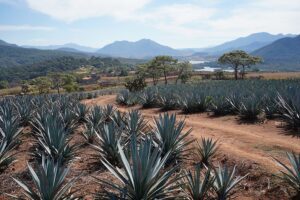
Tequila producers have recognized the significance of terroir in shaping the flavor of their products. As a result, many brands, like AgaveLuz Organic Tequila, now emphasize their specific terroir in marketing and product descriptions. Some tequila producers even label their bottles with the region of origin, helping consumers make informed choices based on their flavor preferences.
It’s essential to understand that the terroir of organic tequila is not about finding the “best” region or type of agave but rather celebrating the diversity and uniqueness of each terroir. Just as wine enthusiasts appreciate the distinct characteristics of wines from different vineyards and regions, tequila aficionados can explore and appreciate the diverse flavor profiles that various terroirs offer.
Organic tequila, rooted in its terroir, exhibits a distinct character shaped by natural processes. From the rich soils to the altitude, each element influences its flavor profile. High in the mountains, organic agaves yield tequilas with crisp, floral notes, while lowland varieties offer earthy undertones. The terroir of organic tequila, embracing sustainable practices, enhances its complexity, reflecting the purity of its origins. Whether relishing the sweet nuances or savoring the herbal essence, appreciating the terroir of organic tequila deepens the connection to its land and craftsmanship. In every sip, the essence of the agave and its environment intertwines, enriching the organic tequila experience.
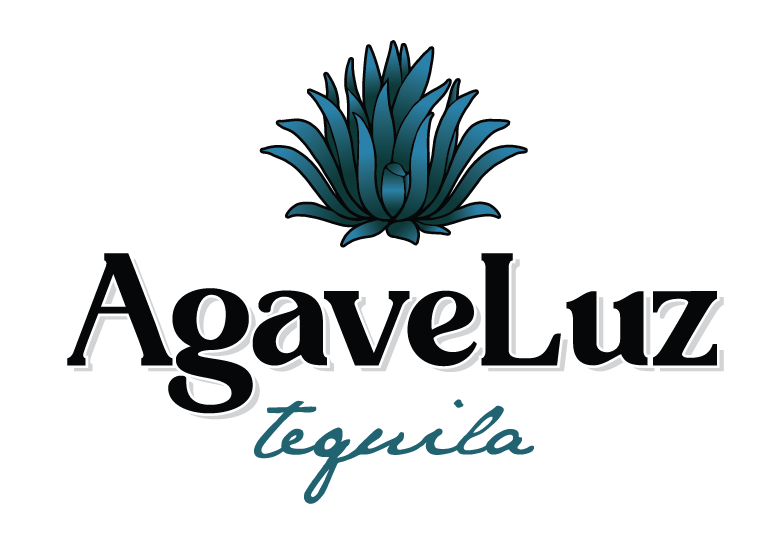
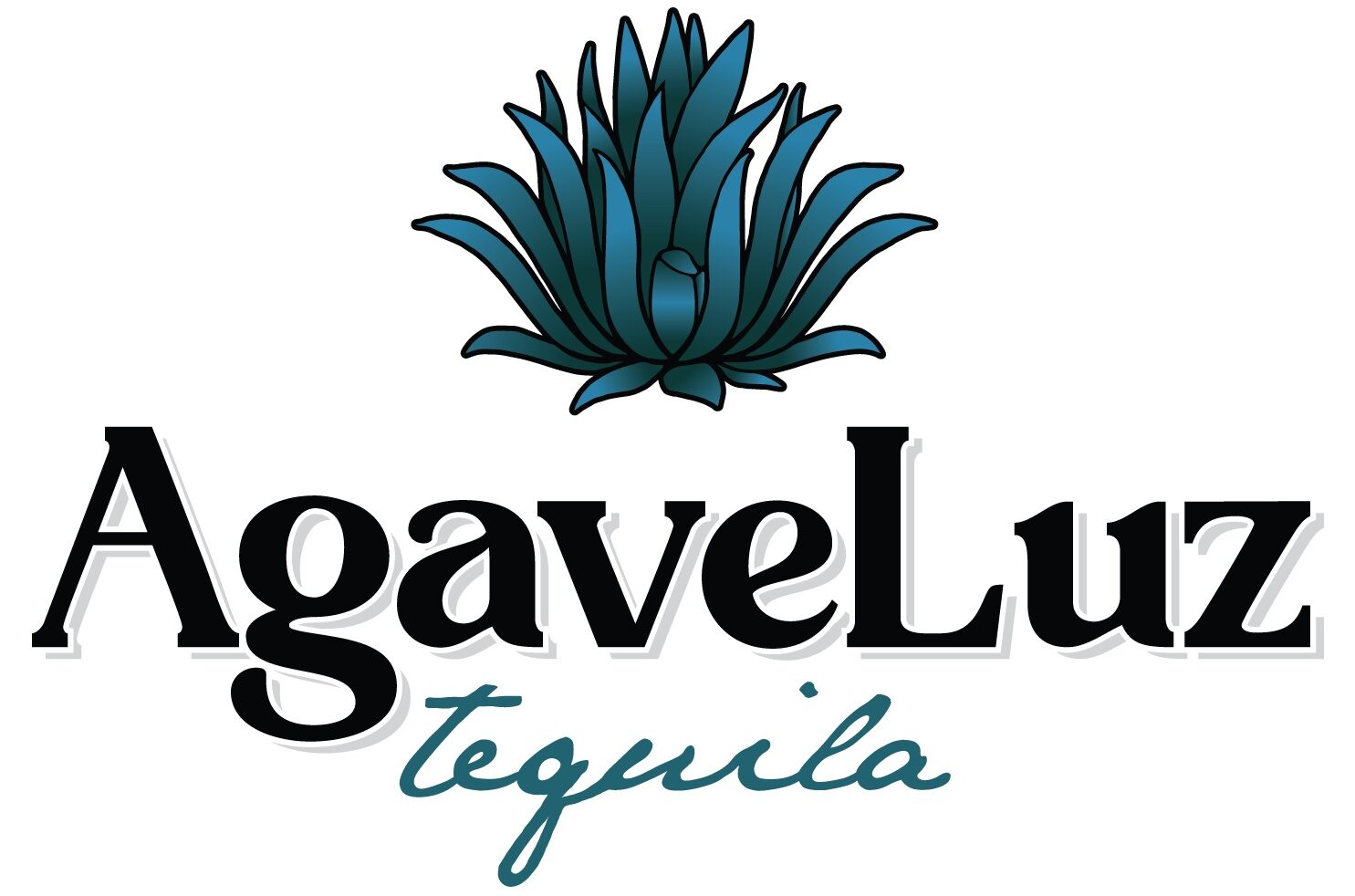

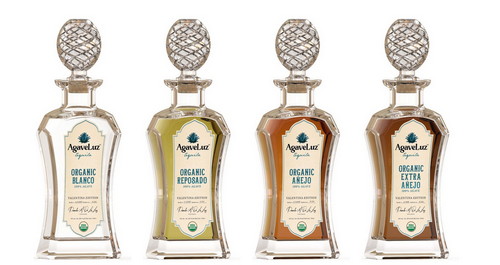


















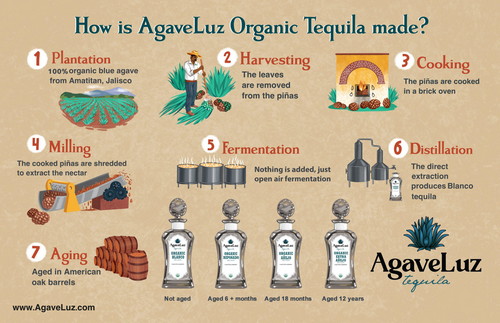


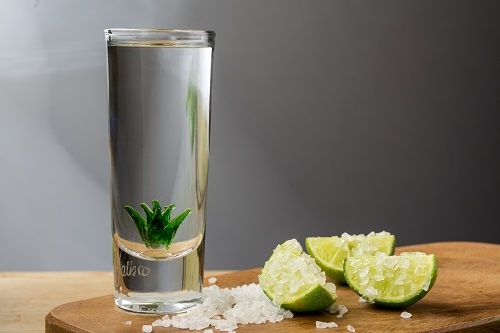
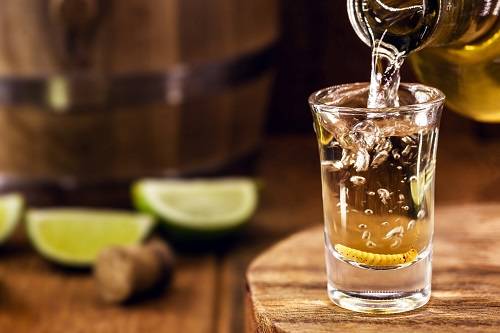
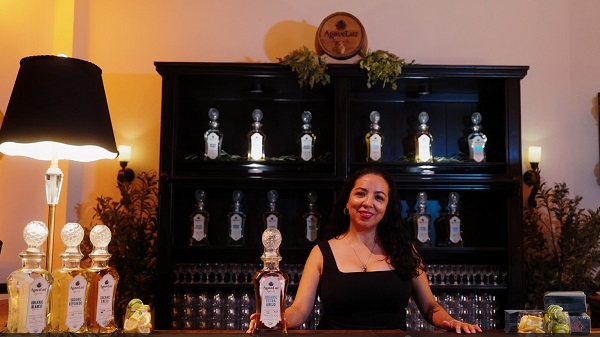

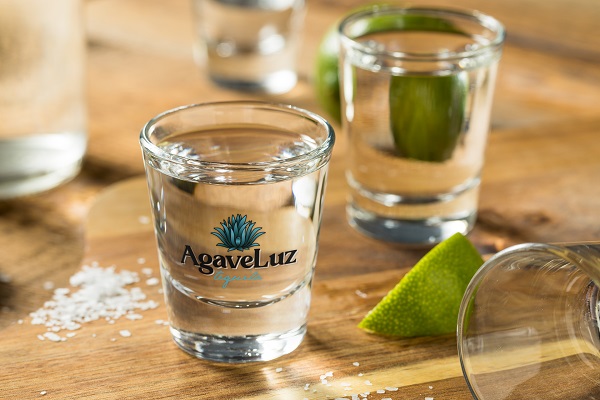
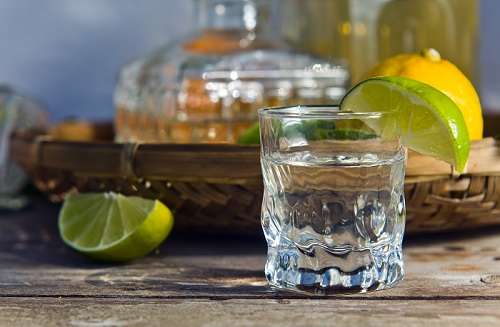
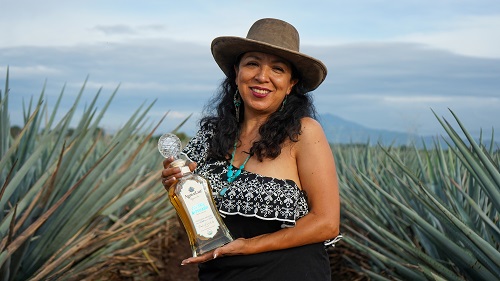
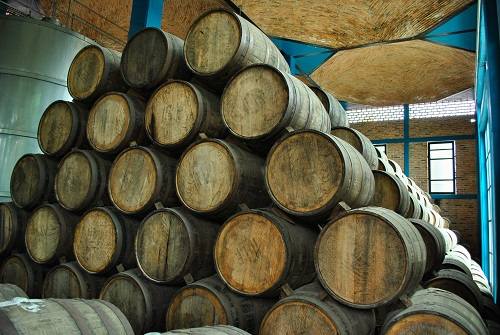

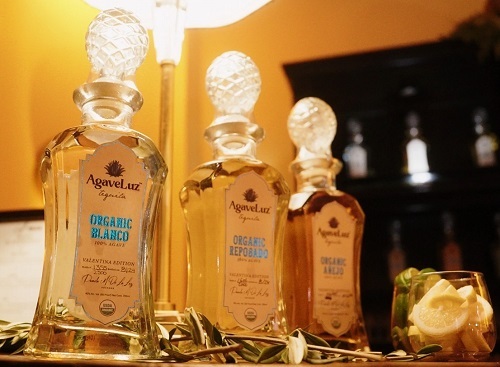
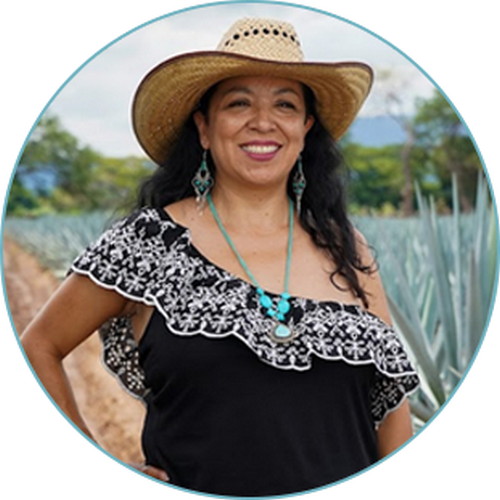


Post a Comment